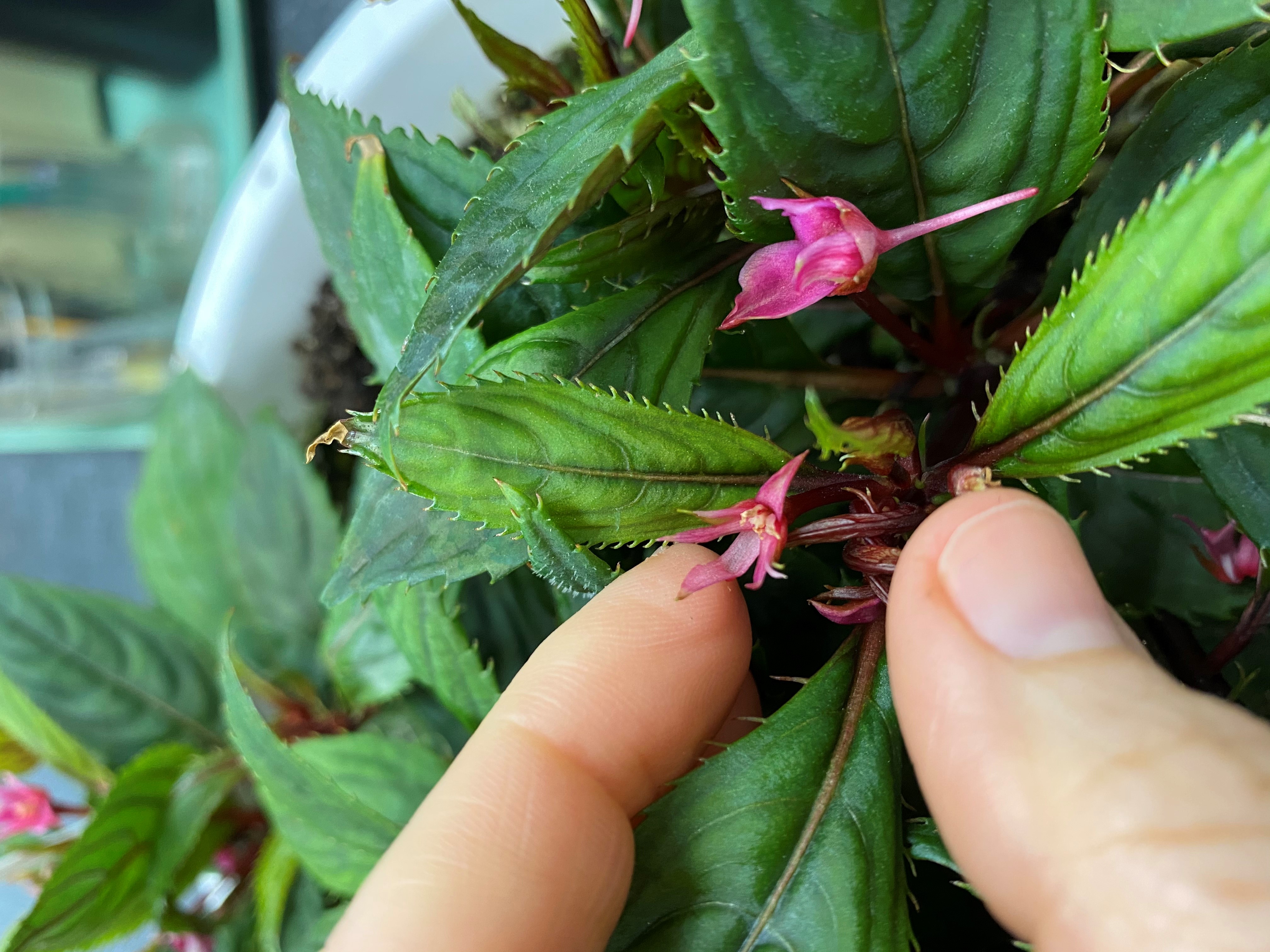
View by Author:
View Blogs:
Heat Induced Flower Deformation in New Guinea Impatiens
It’s important to review some key production guidelines to ensure you produce the highest quality NGI crop this season. As a day-neutral plant, once lateral branches appear plants will become reproductive, and will flower under any day length. Some growers will apply ethephon at 250 ppm (ie. Collate or Florel) one to two days after stick to set the flowering clock to “0”. Unlike seed impatiens, NGI can tolerate higher light levels and will produce more flowers as the DLI is increased. A DLI between 10 to 15 mol∙m‒2∙d‒1 is recommended. As NGI are not drought tolerant plants, the relative humidity should not be below 75%, especially at night.
The optimum plant temperature for forcing NGI is 73 ºF (23 ºC). Even though NGI require relatively warm temperatures for growth and development, make sure the average daily temperatures in the greenhouse don’t go above 80 ºF (26 ºC) and especially at night. This plant was grown at night temperatures above 80 ºF and consequently, flowers are small, distorted, and unattractive. Flower buds may also abort under these conditions. Under optimal conditions, most NGI will within 11 to 13 weeks from stick if grown at an average daily temperature of 73 ºF and a moderate DLI.
About the Author:

Roberto Lopez & Erin Hill
Associate Professor and Floriculture/Controlled Environment Extension Specialist & Weed Science Diagnostician, Michigan State University, Michigan State UniversityRoberto G. Lopez is an Associate Professor and Floriculture/Controlled Environment Extension Specialist at Michigan State University. He has an appointment in research, teaching and extension. His area of expertise is; controlled environment specialty crop production; Lighting applications for greenhouses and indoor vertical production; light-emitting diodes; young plant propagation
Erin C. Hill is a Weed Science Diagnostician in Plant and Pest Diagnostics at Michigan State University. Her area of expertise is herbicide resistance, herbicide injury, plant identification, weed biology and ecology, abiotic plant stress.
